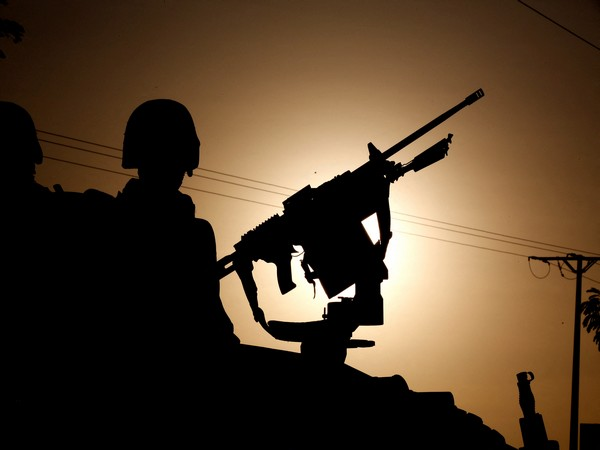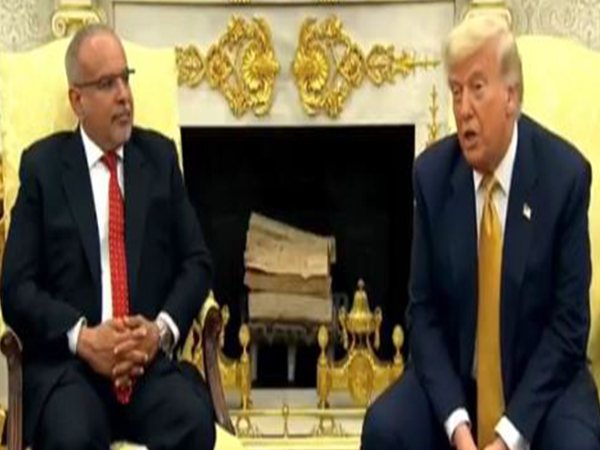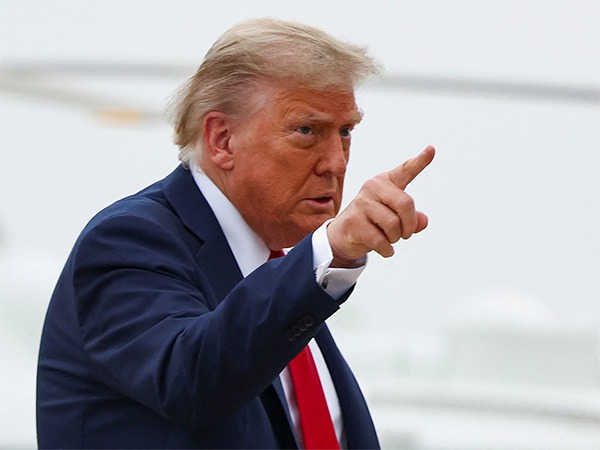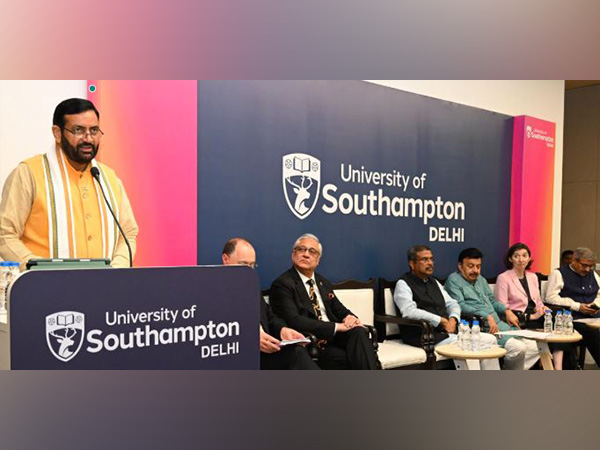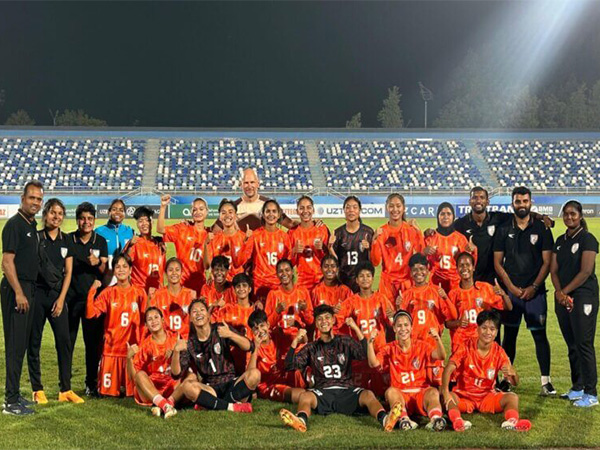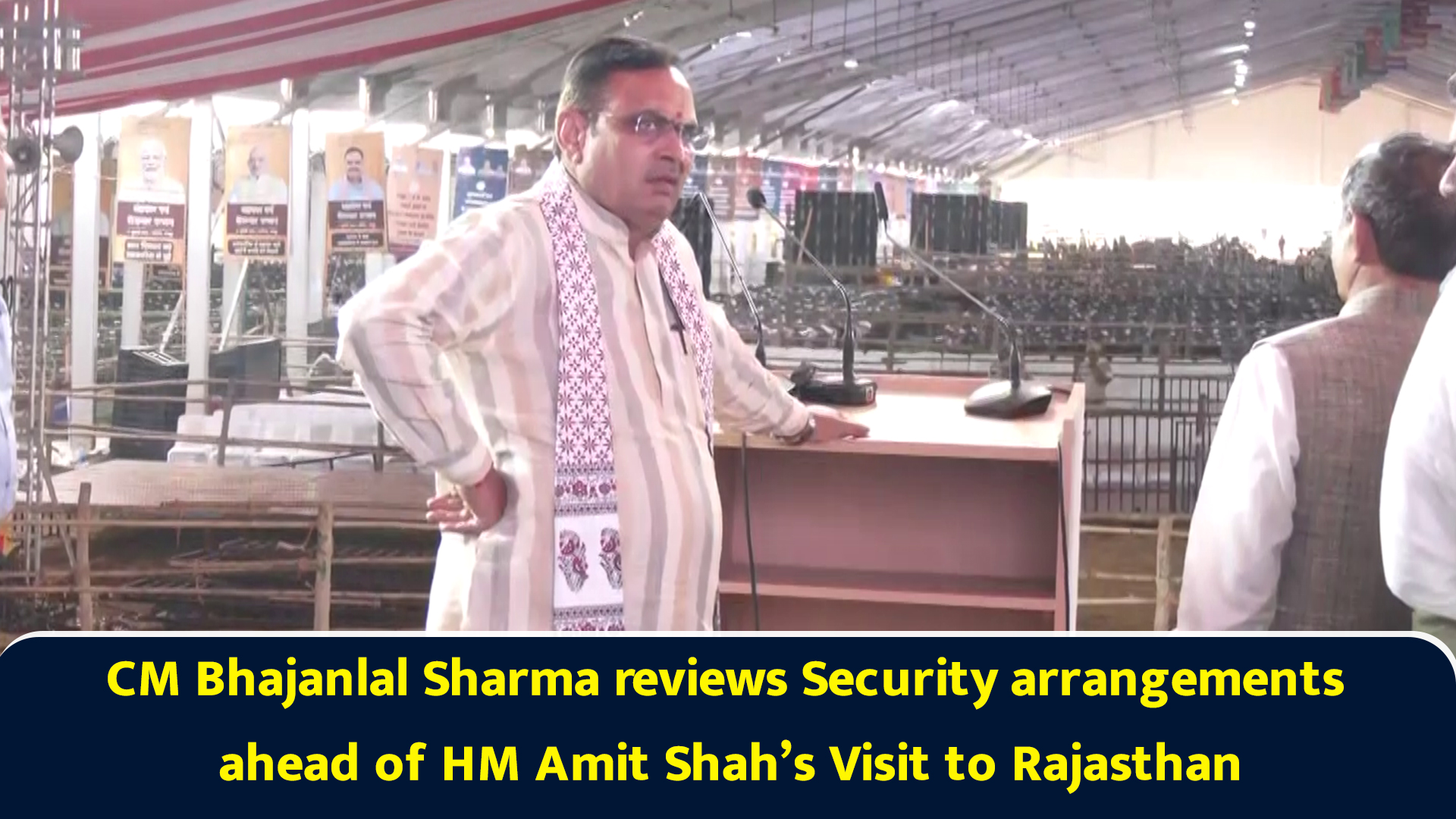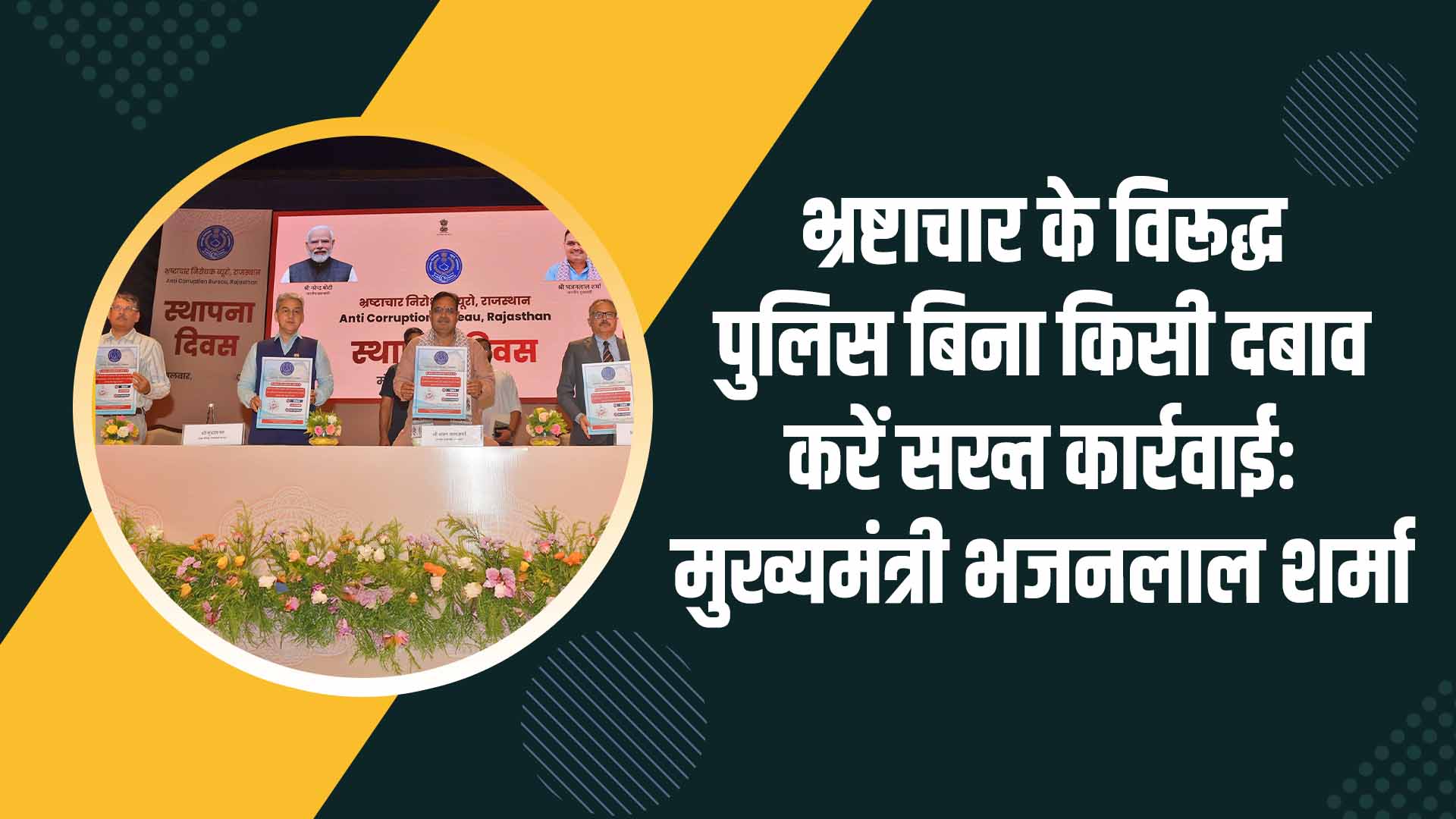Pak govt funding shortfall halts free healthcare scheme for Islamabad, PoJK, PoGB residents
Jun 04, 2024

Islamabad [Pakistan], June 4 : Residents of Islamabad, Pakistan-occupied Jammu and Kashmir (PoJK), and Pakistan-occupied Gilgit-Baltistan (PoGB) have found themselves bereft of essential healthcare services due to the federal government's failure to fulfil its financial obligations towards the health card scheme, Dawn reported.
This deprivation stands in stark contrast to the provision of free healthcare enjoyed by residents of Punjab and Khyber Pakhtunkhwa (KP).
Raja Zafran Bhatti, a 41-year-old heart patient residing in Islamabad, recently experienced firsthand the consequences of this funding shortfall. When seeking medical assistance at Pakistan Institute of Medical Sciences (PIMS), he was denied treatment free of cost, contrary to his previous experiences. Recounting his shock, he highlighted that in 2022, he underwent an angioplasty at PIMS without incurring any expenses.
However, the hospital administration informed him that due to the federal government's failure to settle dues with State Life, healthcare services for Islamabad residents had been suspended.
The health card scheme, initiated in 2015, has been managed by the State Life Insurance Corporation of Pakistan. Despite securing the contract for the years 2022 to 2025, the corporation's ability to provide uninterrupted services has been impeded by financial constraints, as reported by Dawn.
A spokesperson for the health card helpline confirmed that residents of Islamabad, PoJK, and PoGB were being denied free treatment due to the funding shortfall, whereas their counterparts in KP and Punjab continued to benefit from the scheme, thanks to timely payments by their respective governments.
Muhammad Arshad, Chief Executive Officer of the Sehat Sahulat Programme, revealed that efforts were underway to expedite the approval of a modified PC-1 authorisation at the Ministry of Planning, Development, and Special Initiatives. This authorization is expected to be received imminently, paving the way for the restoration of healthcare services and the allocation of funds to clear pending liabilities.
Expressing concern over the suspension of healthcare services, Khaqan Waheed Khawaja, head of Rawal Hospital, emphasized the urgent need for their reinstatement. He lamented that even private hospitals, despite being empaneled, were unable to extend services to residents due to governmental restrictions. Mr. Khawaja underscored the plight of numerous patients who, deprived of free medical treatment, were compelled to return home empty-handed, according to Dawn.
Highlighting recent developments, CEO Arshad Khan informed that the Sehat Sahulat Programme's extension had been approved by the Executive Committee of the National Economic Council (ECNEC) until June 30, 2024, specifically targeting the below-poverty population. He reiterated the imminent receipt of authorization for the programme's inception and the allocation of funds to address outstanding liabilities.
The health card programme, initially launched in Islamabad by former Prime Minister Nawaz Sharif on December 31, 2015, aimed to lay the groundwork for Pakistan's transformation into a welfare state. While initially restricted to Islamabad, the programme was intended for nationwide expansion, encompassing regions such as Punjab, Balochistan, PoJK, PoGB, and the erstwhile Fata region.
Despite its noble aspirations, the programme encountered challenges, with certain provinces initially declining participation. However, under the PTI government, the scheme witnessed expansion across the country, barring certain districts in Sindh. The programme faced uncertainties during the political transition, with concerns arising over its continuity, Dawn reported.
